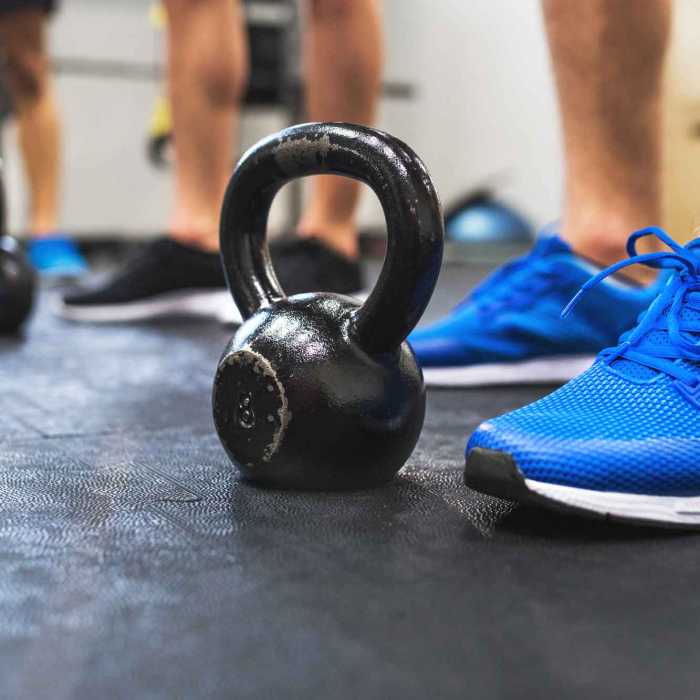What is Metabolism?
Online Glossary / Quick Reference
The sum of all biochemical processes underway within the human body at a given moment; includes anabolism and catabolism.
About Metabolism
Metabolism refers to the sum of all biochemical processes underway within the human body at a given moment. These processes are essential for maintaining life, supporting growth, and enabling the body to function effectively. Metabolism encompasses two main categories: anabolism and catabolism.
Components of Metabolism
- Anabolism: Anabolic processes involve the synthesis of complex molecules from simpler ones, requiring energy. This includes the building of proteins from amino acids, the formation of cellular structures, and the storage of energy in the form of glycogen and fat.
- Catabolism: Catabolic processes involve the breakdown of complex molecules into simpler ones, releasing energy. This includes the breakdown of carbohydrates, fats, and proteins to produce energy in the form of adenosine triphosphate (ATP).
Functions of Metabolism
- Energy Production: Metabolic processes convert food into energy, which is used to fuel cellular activities, maintain body temperature, and support physical activity.
- Growth and Repair: Anabolic processes contribute to the growth and repair of tissues, including muscle, bone, and skin.
- Nutrient Storage: Metabolism involves storing nutrients for future use, such as converting glucose to glycogen in the liver and muscles or storing fat in adipose tissue.
- Waste Elimination: Metabolic processes help eliminate waste products from the body, ensuring proper detoxification and excretion through the kidneys, liver, and digestive system.
Factors Influencing Metabolism
- Age: Metabolic rate typically decreases with age due to a reduction in muscle mass and hormonal changes.
- Genetics: Genetic factors can influence an individual's metabolic rate, determining how efficiently their body processes and utilizes energy.
- Physical Activity: Regular exercise and physical activity can increase metabolic rate by building muscle mass and enhancing energy expenditure.
- Diet: The type and amount of food consumed can affect metabolism. Protein-rich foods, for example, have a higher thermic effect, requiring more energy to digest and metabolize.
- Hormones: Hormonal levels, such as those of thyroid hormones, insulin, and cortisol, play a significant role in regulating metabolism.
Measuring Metabolism
- Basal Metabolic Rate (BMR): BMR represents the number of calories the body needs to maintain basic physiological functions at rest, such as breathing, circulation, and cell production. It accounts for the largest portion of daily energy expenditure.
- Total Daily Energy Expenditure (TDEE): TDEE includes BMR plus the calories burned through physical activity, digestion, and other daily activities. It provides a comprehensive measure of daily energy needs.
- Indirect Calorimetry: A method used to measure BMR by assessing oxygen consumption and carbon dioxide production, providing an estimate of energy expenditure.
Improving Metabolic Health
- Regular Exercise: Engage in both aerobic and strength training exercises to increase muscle mass and boost metabolic rate.
- Balanced Diet: Consume a diet rich in whole foods, including lean proteins, healthy fats, and complex carbohydrates, to support efficient metabolic function.
- Hydration: Maintain adequate hydration, as water is essential for various metabolic processes, including digestion and energy production.
- Adequate Sleep: Ensure sufficient and quality sleep, as sleep deprivation can negatively impact metabolic rate and hormonal balance.
- Stress Management: Practice stress-reducing activities such as meditation, yoga, and deep breathing, as chronic stress can disrupt hormonal regulation and metabolic processes.
Enhancing metabolic health involves a combination of regular physical activity, a balanced diet, and mindful lifestyle habits. These practices can help optimize energy expenditure, support overall well-being, and achieve fitness goals effectively.
© 2007-2025 Weight Crafters, LLC. All Rights Reserved.
















